With the rise of social media, ensuring young Muslims have a strong foundation in Islamic knowledge has become more critical than ever. Platforms like TikTok and Instagram, while serving as tools for connection and education, are also rife with misleading or deviant religious content. The algorithms powering these platforms tend to amplify sensational material, allowing erroneous doctrines and harmful misinformation to reach and influence vulnerable users more effectively.
“In Malaysia, this trend is increasingly worrisome,” said Puan Norfadzilah Mohammed Roslan, Head of National Secondary School, REAL Schools Cheras. “In the first quarter of 2024, authorities documented nearly 52,000 cases of harmful online content, including religious misinformation, on platforms like TikTok and Facebook. This data underscores the urgent need to equip young Muslims with authentic and comprehensive Islamic knowledge that empowers them to recognise and reject misleading teachings.”
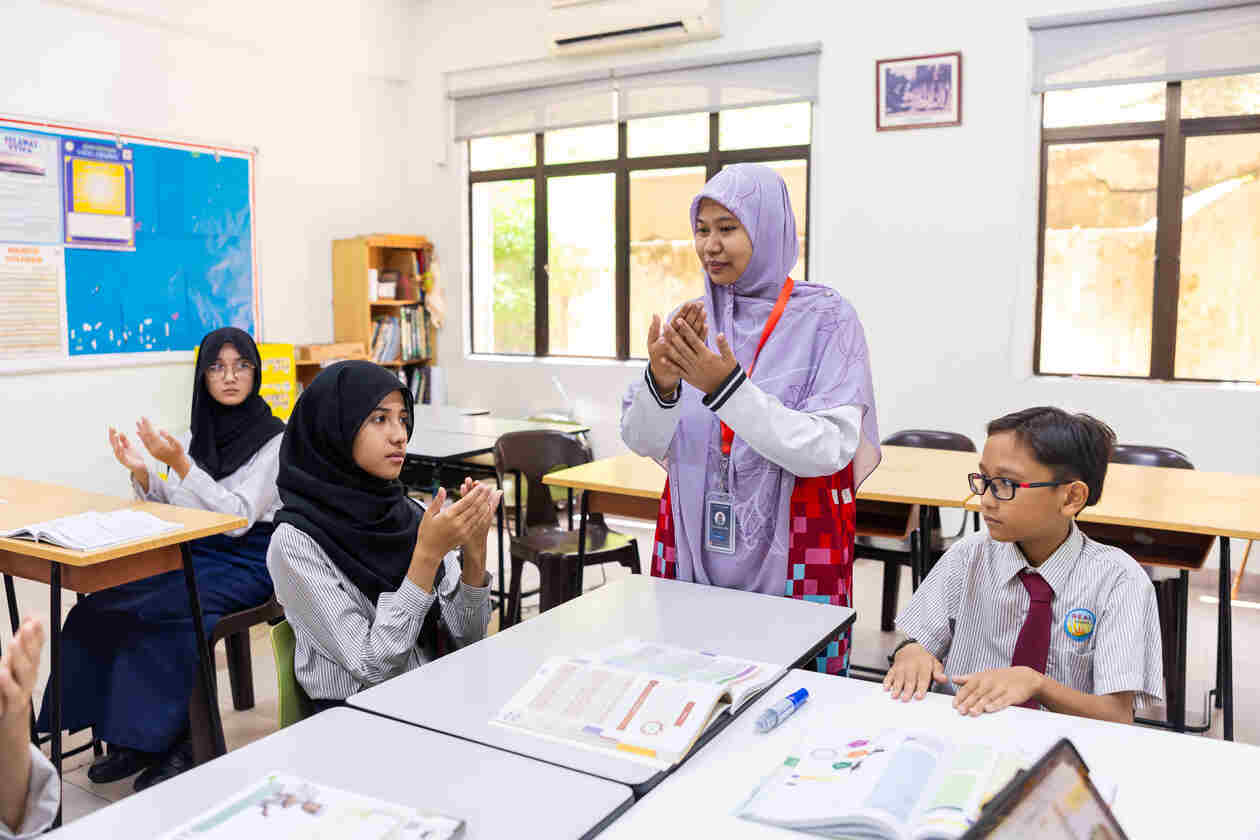
A Holistic Approach to Islamic Education
In response to these challenges, private education institutions are stepping up to ensure that students receive a well-rounded Islamic education that meets both their spiritual and intellectual needs. These institutions go beyond the standard Islamic education syllabus, integrating core Islamic teachings with modern academic standards. This dual approach ensures that students are not only well-versed in religious principles but are also equipped to navigate contemporary issues with confidence and understanding.
“Qualified and experienced Islamic teachers, with a strong understanding of Islamic teachings and pedagogy, are hired to effectively convey authentic knowledge,” explained Puan Norfadzilah. “Regular review and update of the curriculum to align with recognised scholarly sources and accepted interpretation of Islam are also conducted, to ensure the content of the syllabus stays relevant and accurate.”
Additionally, educators are trained to address contemporary issues within an Islamic framework, enabling them to guide students through challenges such as religious misconceptions, ethical dilemmas, and digital misinformation.
XCL Education’s Commitment to Islamic Learning
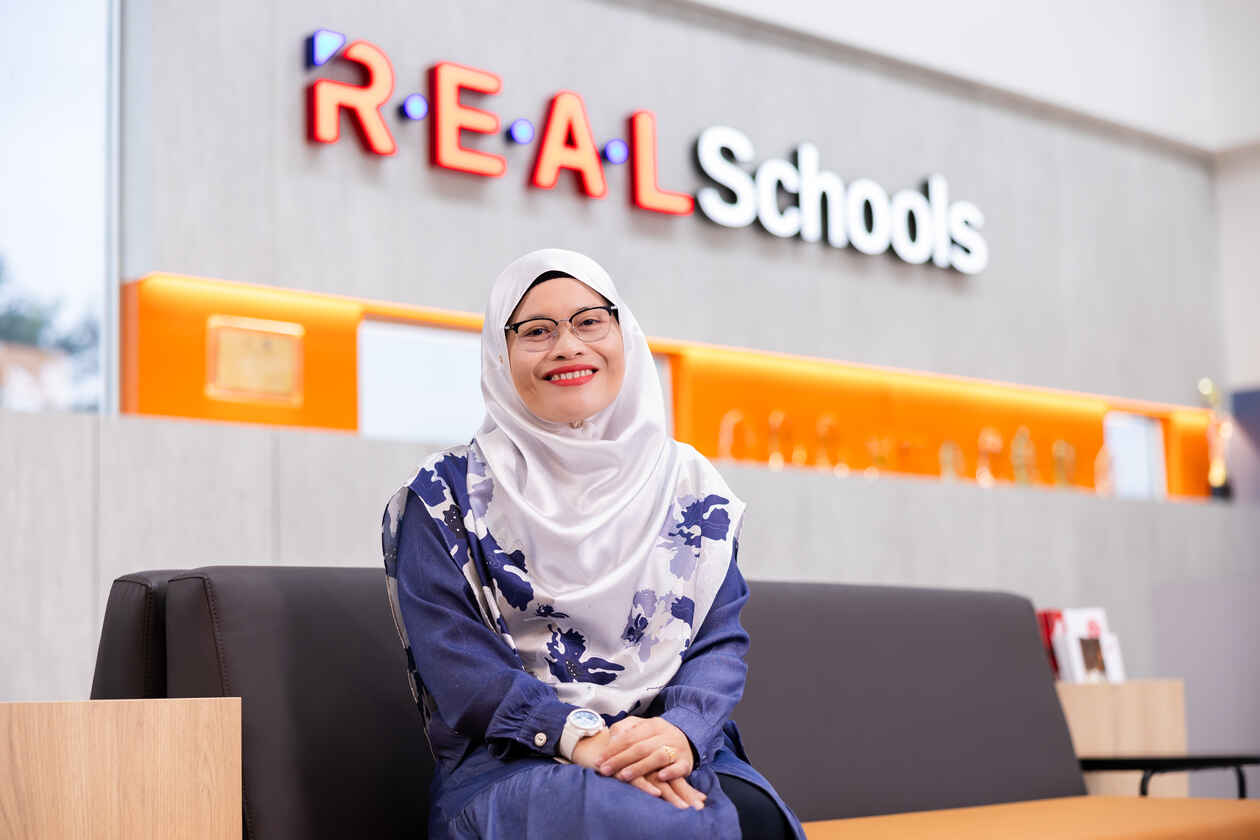
One of Malaysia’s leading private education groups, XCL Education, has recently introduced its Quran and Fardhu Ain (KAFA) programme for Muslim students at Sri KDU Kota Damansara and REAL Schools in Kuala Lumpur and Selangor. The programme, developed in collaboration with a governing Islamic body, is designed to complement the Ministry of Education’s (MOE) Islamic Education syllabus and is offered as a value-added initiative.
“For primary students, the after-school programme includes modules covering Arabic language skills, Islamic studies, and Quranic reading,” said Puan Norfadzilah. “For secondary school students, the programme expands to include advanced Islamic teachings and practical applications relevant to young adults. Students are guided in deepening their knowledge of Quranic interpretation, Islamic jurisprudence (Fiqh) and moral development (Akhlak).”
This comprehensive approach allows students to develop a deeper understanding of Islam, applying its teachings to contemporary issues and fostering meaningful discussions about faith. “Early Islamic education from primary school is crucial in nurturing interest and building a strong spiritual foundation,” she added.
Strengthening Faith in a Modern World
While some perceive private institutions as placing less emphasis on Islamic education, many private schools in Malaysia recognise the importance of a strong spiritual foundation for young Muslims. By incorporating Islamic principles into their curricula, these schools play a vital role in shaping students who are well-equipped to uphold their faith while engaging with the modern world.
“This foundation helps students distinguish authentic teachings from distorted interpretations, enabling them to confidently uphold Islamic values in their lives.,” said Puan Norfadzilah. “As more private institutions continue to invest in comprehensive Islamic education, they play a pivotal role in shaping a generation of young Muslims who can balance tradition with modernity, uphold their beliefs and contribute meaningfully to a harmonious and inclusive Malaysia.”
With continued efforts to strengthen Islamic education, private institutions are ensuring that young Muslims are not only knowledgeable about their faith but also prepared to navigate the complexities of today’s digital and globalised society with confidence and integrity.


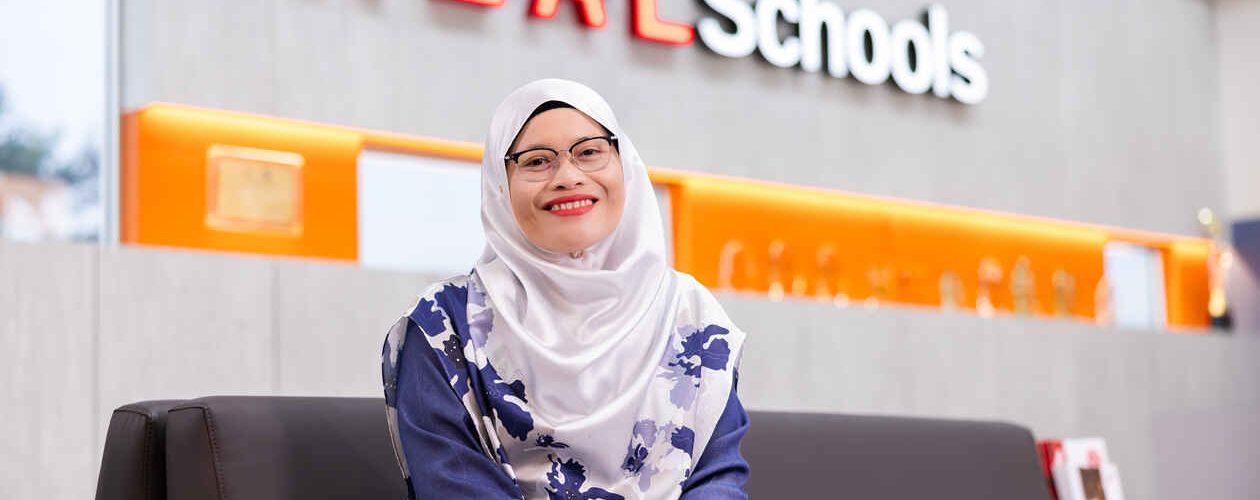
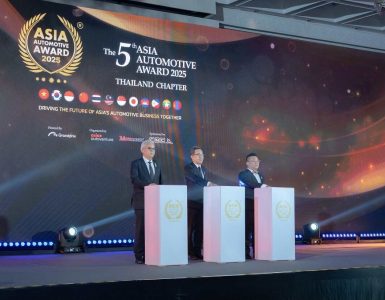
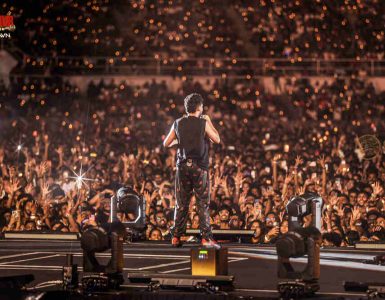
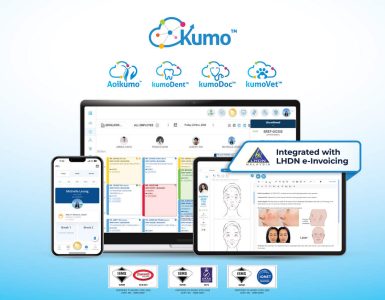
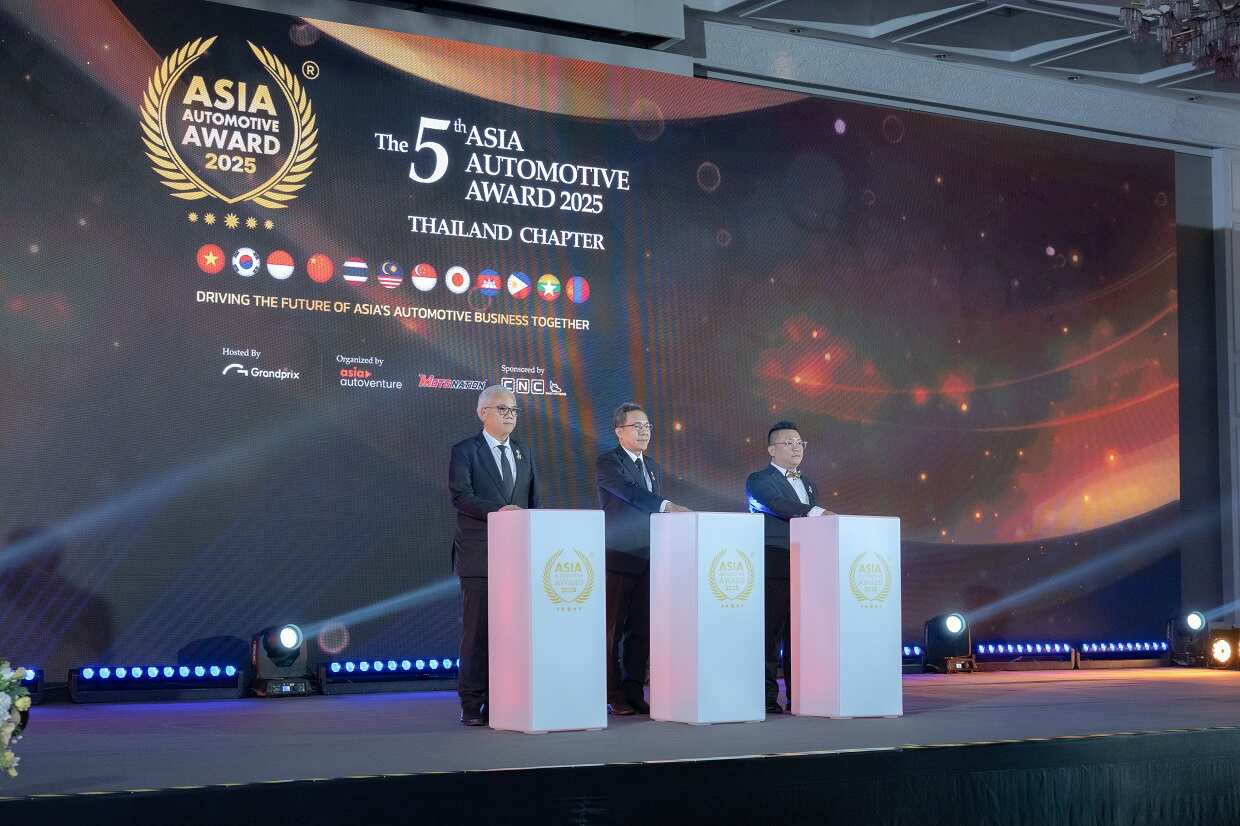
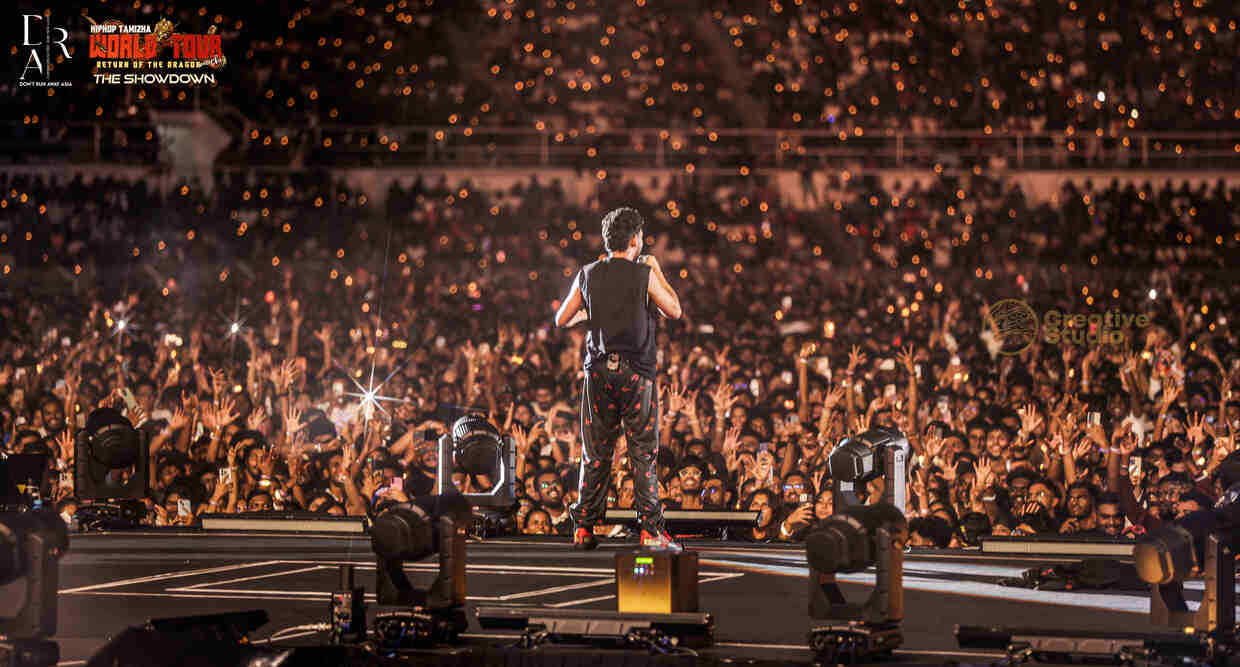
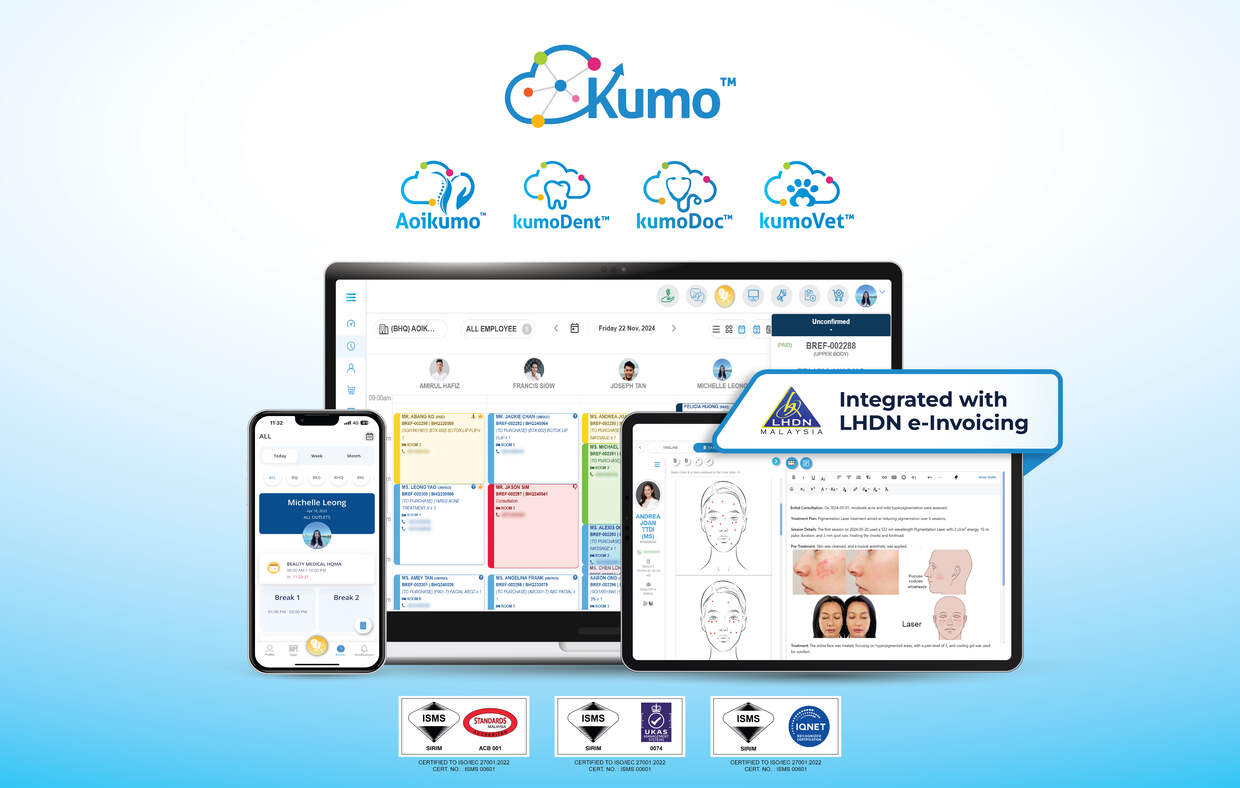
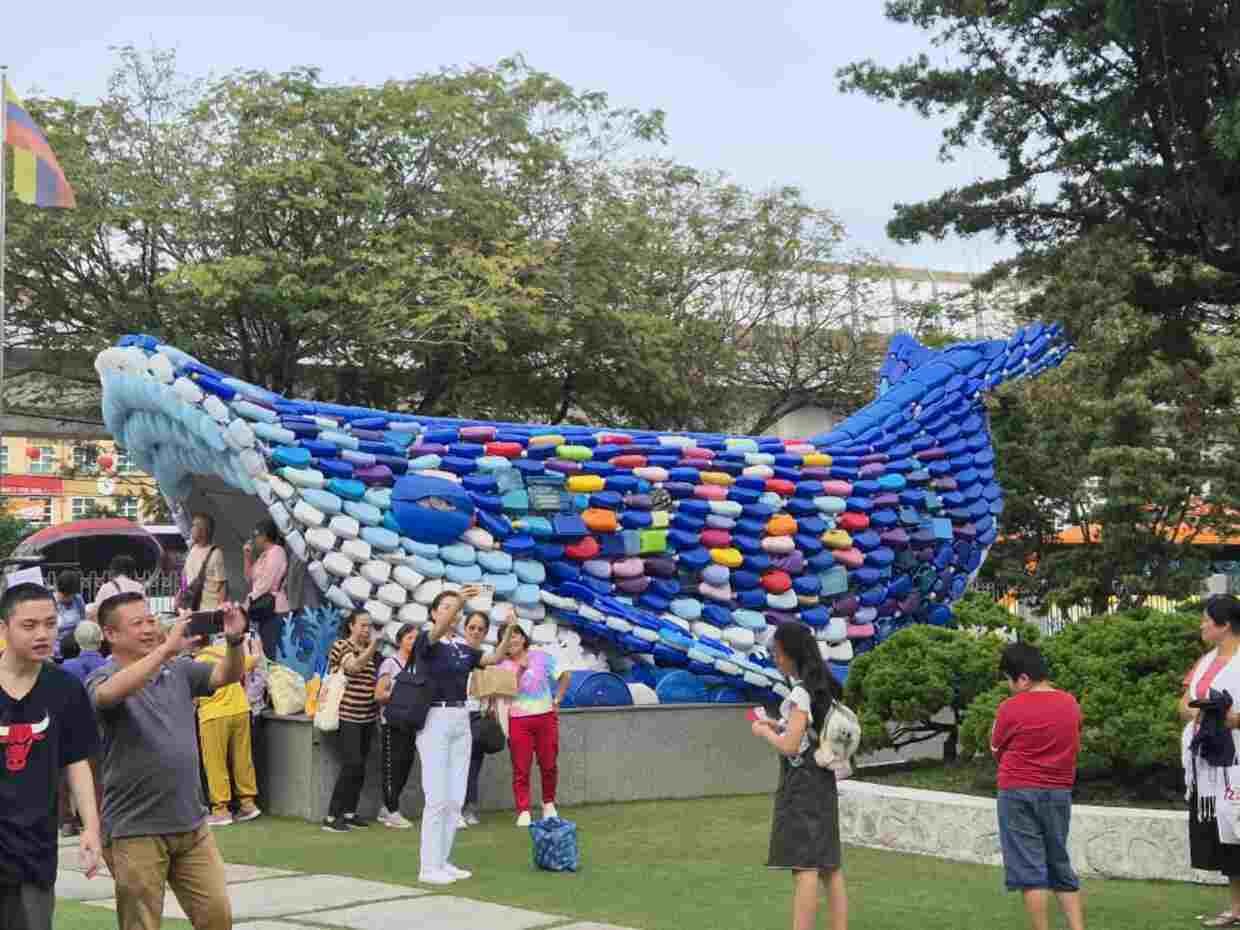


Add comment